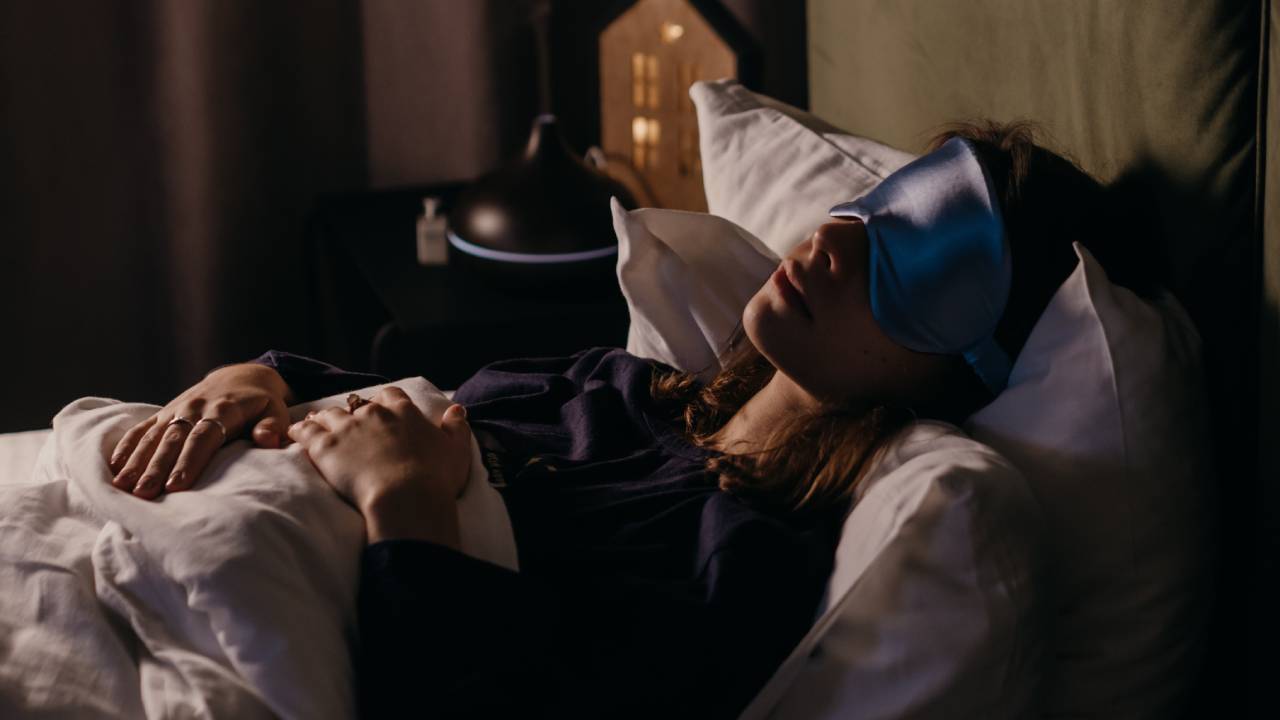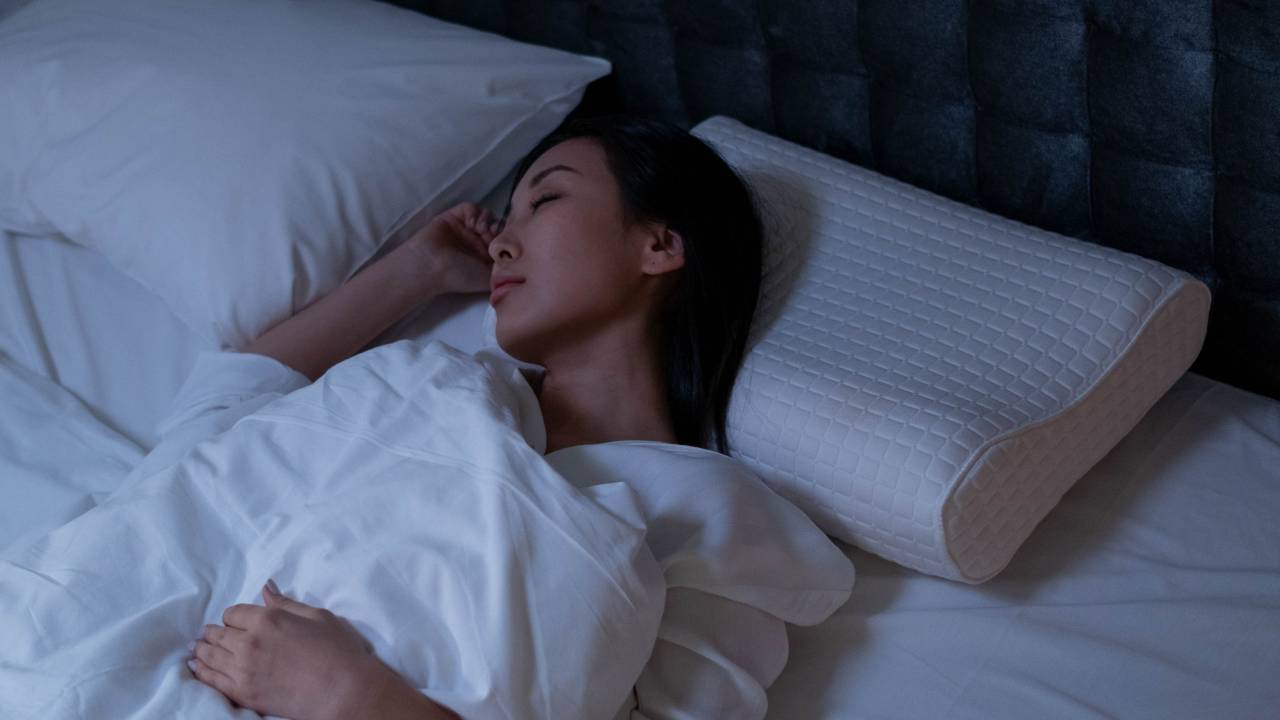Why people need more sleep during winter, reveals new study
Find it hard to get out of bed in the winter? It turns out you need more sleep during the season…


Get all the latest news, reviews, deals and buying guides on gorgeous tech, home and active products from the T3 experts
You are now subscribed
Your newsletter sign-up was successful
During the winter months, the evenings are darker and the weather is colder so it’s unsurprising that people tend to stay inside in an attempt to hibernate. This time of year also leaves many people feeling tired, sluggish and rundown, making it harder to get out of bed in the morning as a result. But rather than feeling lazy and antisocial for wanting to stay at home and comfortable on the best mattress, it turns out humans may need more sleep during the winter than the other seasons.
Research conducted by scientists from the Charite Medical University of Berlin found that humans experience longer REM (rapid eye movement) sleep during the winter than they do in the summer. The study was recently published in the Frontiers in Neuroscience journal and was put together as a way to determine the link between seasonality and sleep problems. The scientists found that the most important factor that affects sleep quality and duration is the changing of light exposure throughout the year.
In the winter months, there’s less natural light as the sun sets earlier in the day than it does in the summer. This lack of light can bring forth sleep issues like insomnia and Seasonal Affective Disorder aka SAD (if you think you may be affected by it, check for these signs you might be suffering from SAD). Light also plays a significant role in your body clock adjusting to seasonal changes, which explains why you might find it harder to get to sleep when the clocks change or when it’s dark earlier in the day.
With this information, the researchers put together a sleep study group made up of participants who lived in an urban environment with high levels of light pollution and low levels of natural light. In the study, the scientists found that despite these sleep disruptors the participants got 30 minutes more REM sleep in the winter than in the summer.

If you’re unsure what REM sleep is, it’s a stage of sleep associated with dreaming and memory consolidation. According to Sleep Foundation, it plays an important role in brain development and emotional processing, so getting more REM sleep during the winter as this study suggests is good for a healthy brain.
The researchers have stated that there needs to be more research done around this, specifically to see if the results can be replicated with study participants who have no sleeping difficulties. Having said that, this is a clear indication that the changing of the seasons affects sleep habits, mainly resulting in people going to sleep earlier and waking up later due to the darker days.
How to sleep better during the winter
As the study suggests, we need more sleep during the winter but before you jump gleefully under the covers, it’s important to make sure the sleep you’re getting is good quality. If you’re getting a bad night’s sleep, regardless of its duration, you could be left feeling tired, irritable and unproductive the next day.
Get all the latest news, reviews, deals and buying guides on gorgeous tech, home and active products from the T3 experts
Below are a few tips on how to set yourself up for sleep success during the winter. We’ve looked into this a bit further in our 8 ways to improve your sleep habits in 2023 but here are 3 key things you should be doing to get a better night’s rest.
Create a bedtime routine
We’ve said it before and we’ll say it again: you need to have a bedtime routine in place. This tip is especially helpful when the seasons change as if you stay on top of a schedule, you’re less likely to be disrupted by the clocks going forward or back. Alongside having a set time to get to sleep every night, you should try to fill your bedtime routine with relaxing activities to help you wind down, like nighttime skincare, reading a book, having a warm drink, and so on.
Make your bedroom as cosy as possible
If you make your bedroom more inviting, you’ll find it easier to get cosy and go to sleep. Try to remove all distractions from your bedroom like your phone, tablet or other electronics and have a quick tidy before bed so you don’t feel too anxious about the mess around you. It’s also important to make sure your bed is comfortable and you feel supported and at a nice temperature. Investing in the best duvet and the best pillow can help with this.
Take in natural light
As the study found, the lack of natural light can cause sleep problems so it’s important to get outside and take in as much natural light as possible. Do this by going for a walk in the morning to get your first hit of sunlight and do the same in the evening before the sun goes down. To get more light into your day, look into the best wake up light to brighten up your mornings or try one of the best SAD lamps if you feel you could benefit from light therapy.

Beth is Home Editor for T3, looking after style, living and wellness. From the comfiest mattresses to strange things you can cook in an air fryer, Beth covers sleep, smart home, coffee machines, watches, grooming tools, fragrances, gardening and more.
In her spare time, Beth enjoys running, reading, baking and attempting craft projects that will probably end in disaster!